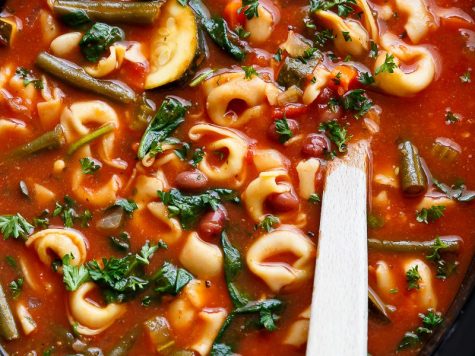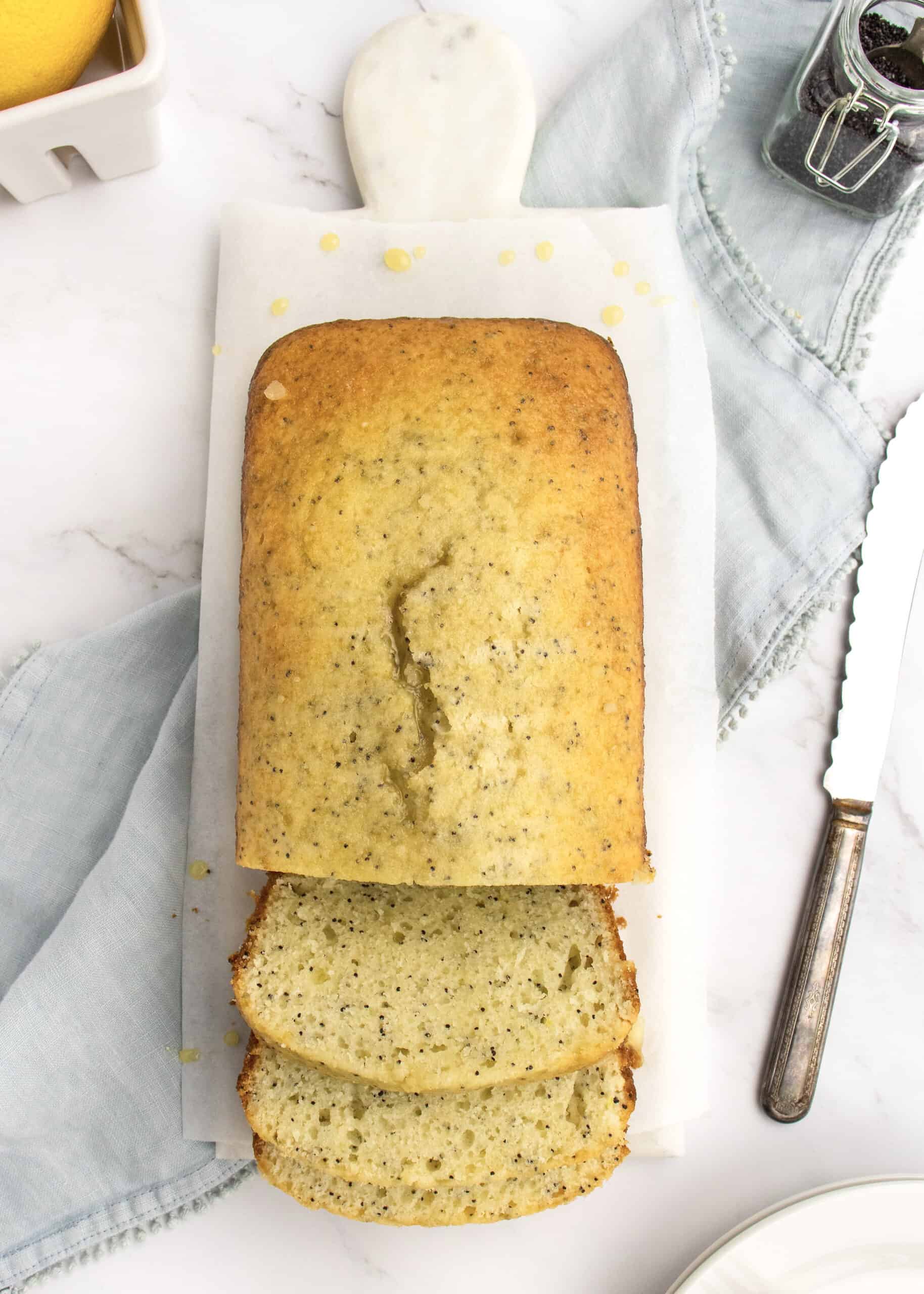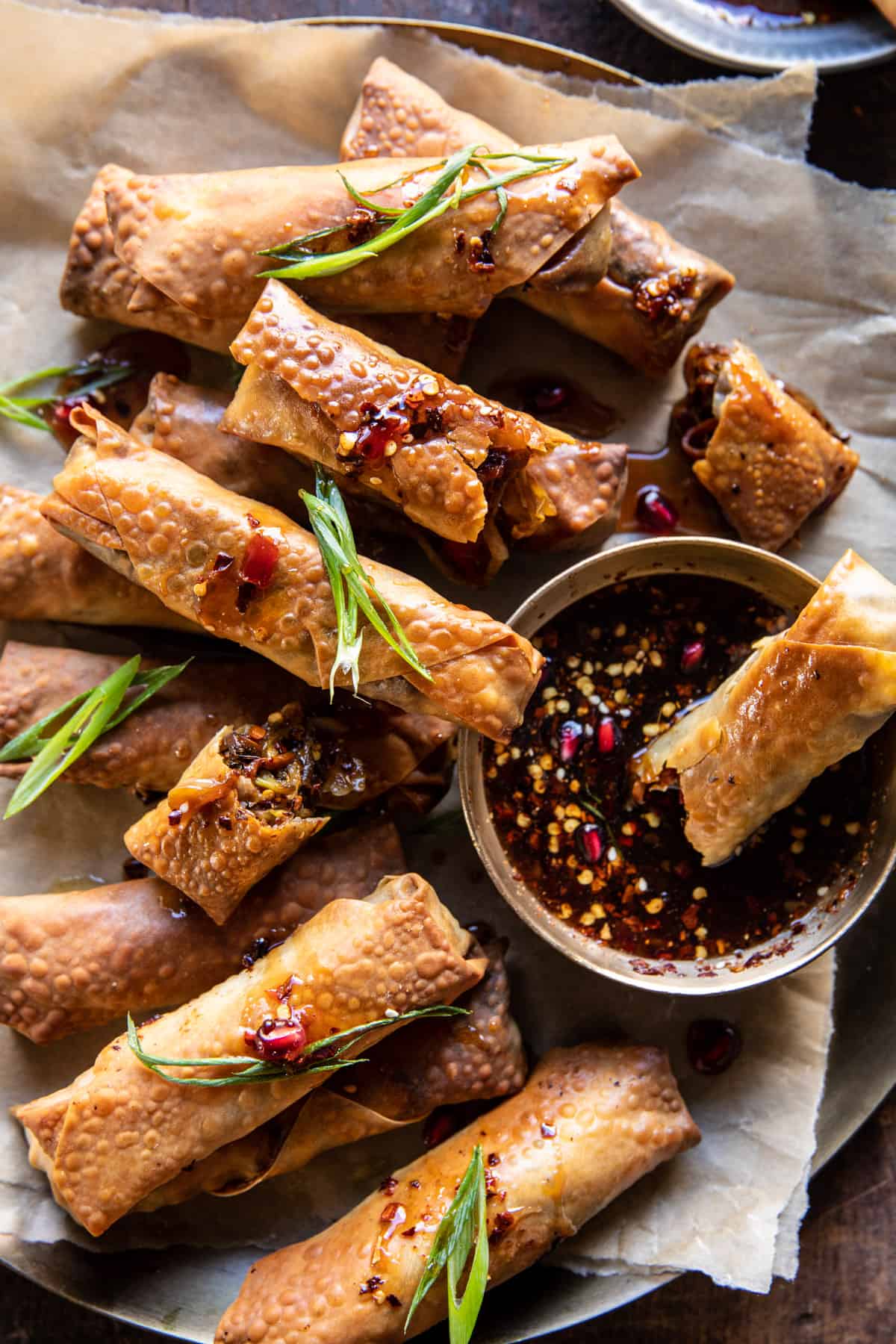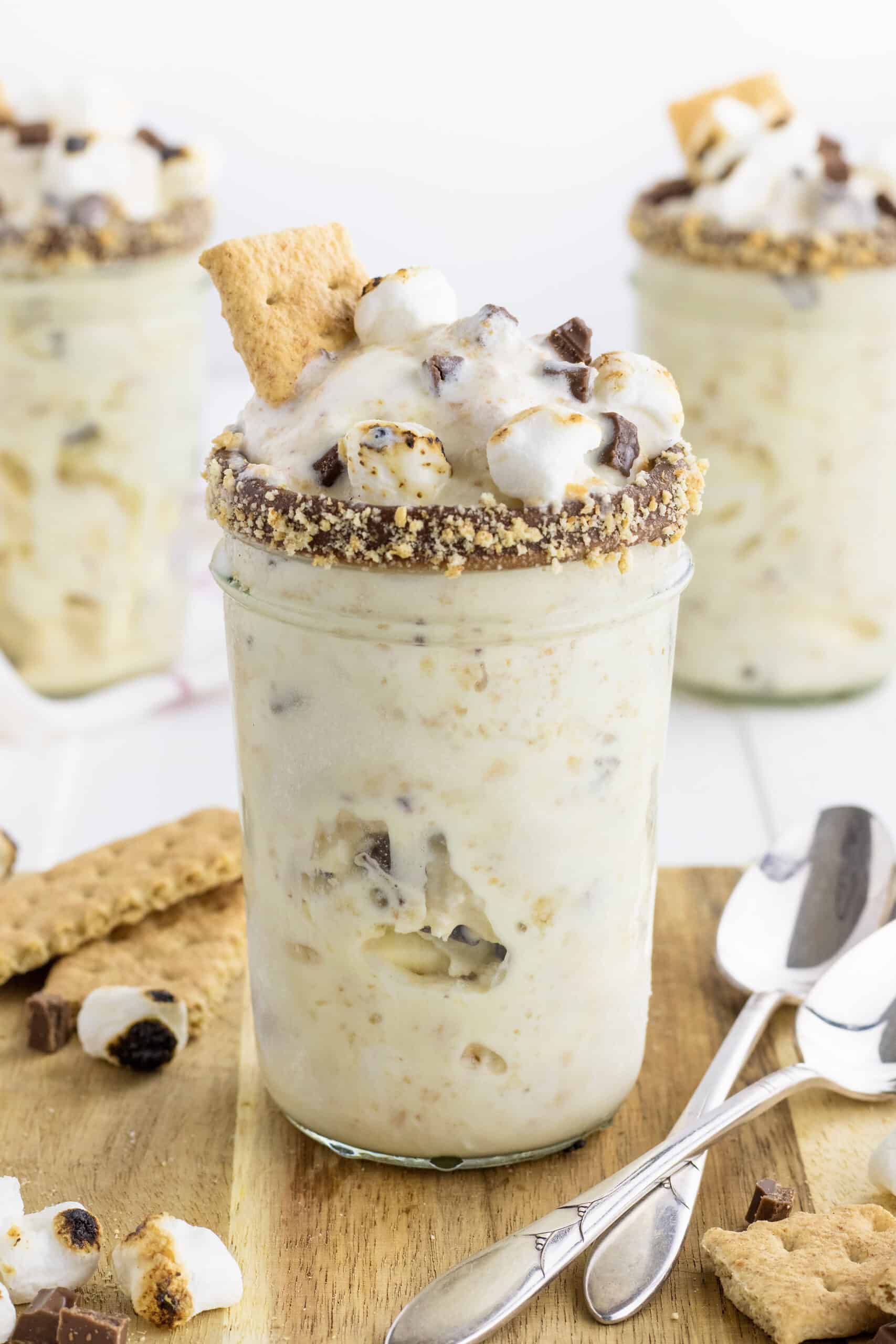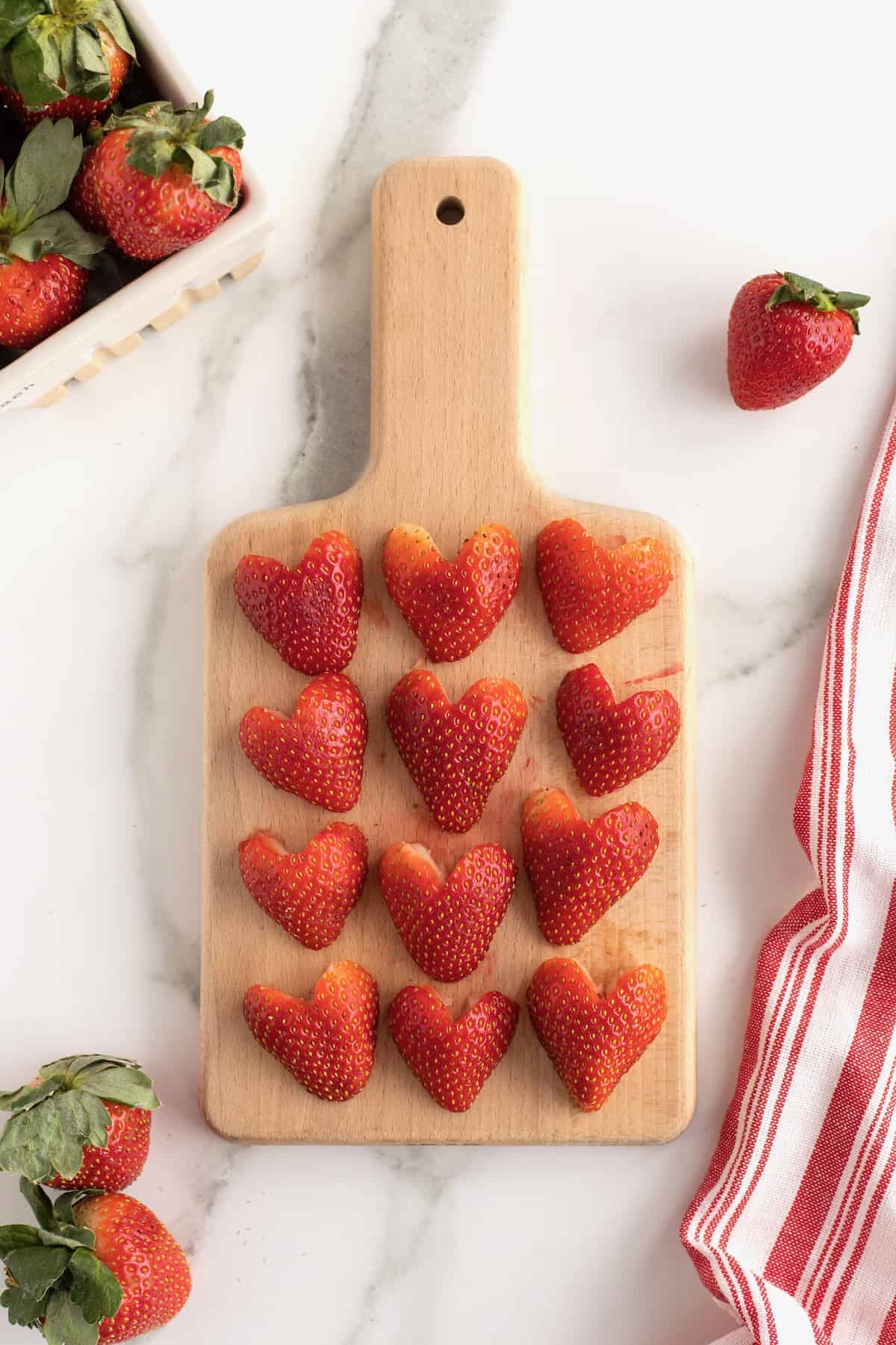posted by
Recruit a rainbow of vegetables, such as red cabbage, sweet potatoes and radishes, to make this Rainbow Buddha bowl with Tahini-Lemon dressing!
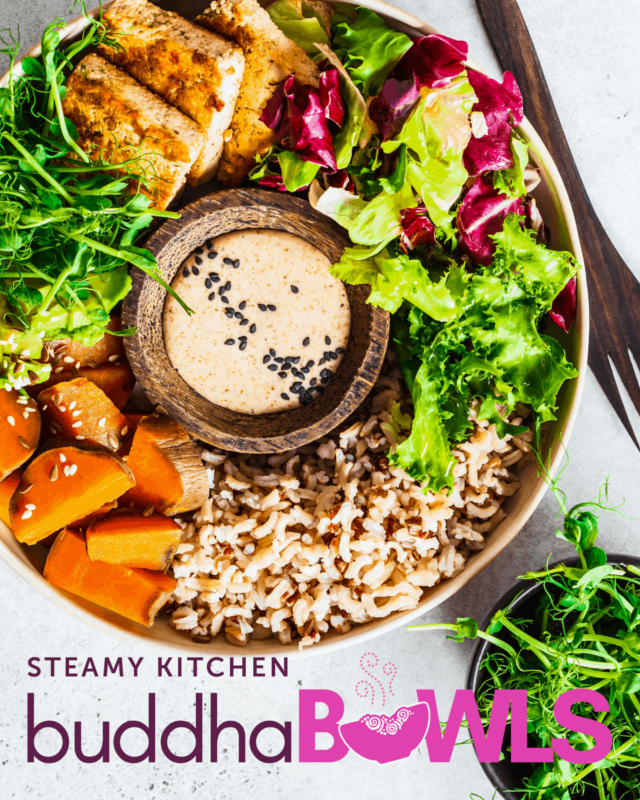
Getting on Board with Buddha Bowls:

You can make a Buddha bowl anywhere, anytime, when you want a one-bowl meal full of nutritious grains, veggies, and protein.
To make each Buddha bowl sparkle, we like to pull it all together with a signature sauce and a crunchy topping.
Use this formula to build your own!
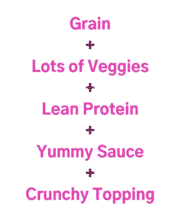
For each layer of this Rainbow Buddha bowl, we recommend:
+ Grain: Here’s your chance to play with freekeh, an ancient grain of Middle Eastern origin– the perfect companion to tahini! However, if you wanna be extra clever with the rainbow theme, go with multi-colored quinoa.
+ Vegetables: Something red, yellow, green, violet, and everything in between! Combine something crisp or leafy, like gem lettuce, sliced radishes, or red cabbage, with something fleshy like cooked sweet potatoes or tomato. Garnish with bright parsley if you like!
+ Protein: Firm tofu is easy to flavor any way you like. Our favorite substitutes for this Rainbow Buddha bowl? A couple slices of Halloumi cheese, a cupful of sauteed spiced chickpeas, or some falafel, as inspired by this amazing falafel salad bar!
+ Sauce: What’s the hype about tahini, you may ask? It’s time to see for yourself! We’ll teach you how to make a rich, yet tangy tahini-lemon dressing that brightens up everything it touches!
+ Topping: Take some inspiration from a popular use of tahini: hummus! Because what is hummus without chickpeas? That’s right, we’re going for a roasted chickpea topping–homemade or store-bought!
Here’s how you’ll build this Buddha bowl…
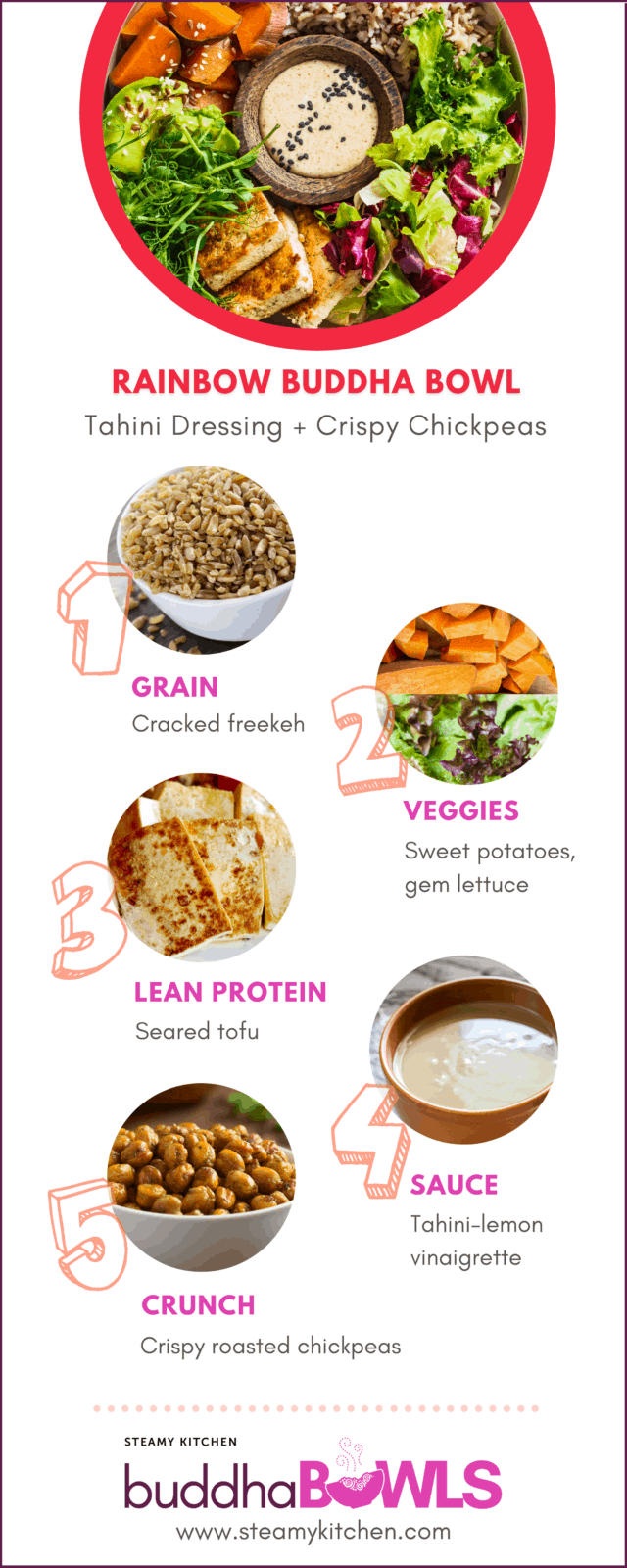
Choose Cracked Freekeh:
Freekeh are the chewy, nutty-tasting grains extracted from the roasting of durum wheat. It typically comes in two varieties, cracked and whole.
Cracked freekeh takes less time to cook than whole freekeh, about 20 minutes versus 45, without compromising on nutritional content.

Due to the popularity of “ancient grains,” you can find freekeh in most grocery stores and health food stores, not to mention in international markets that carry Middle Eastern dry goods.
To Cook Freekeh:
Cooking freekeh is easy, like quinoa, except less messy as the grains are slightly bigger!
Place freekeh in a pot with between double and triple its volume in liquid– 1 cup grains to 2 1/2 cups water, or broth. Add in a pinch of salt and bring it to a boil. Once boiling, reduce heat to the lowest setting and let it simmer until grains are tender and liquid is absorbed.
You can add a few spoonfuls of oil to the water for even more flavor and less chance of drying out if you’re making it ahead of time.
For the Vegetables:
Prepping vegetables for this Buddha Bowl doesn’t involve much planning or labor, as you can use last-minute additions like raw tomatoes, radishes, and/or salad greens, both green and purple, or red cabbage. The only vegetable to consider ahead of time might be roasted sweet potato.
Baking sweet potatoes at 375 degrees F for about 20 minutes will give your bowl something nice and substantial!
Take a look at how to cut them for the quickest bake:

See also: Roasted Vegetable Buddha Bowl
The Makings of Tahini Dressing:
Toasted white sesame seeds, finely ground and blended, are all what make up tahini. Think of it as sesame seed butter– nut-free, usually free of sugars and added salt as well, leaving just the natural oils and paste from pulverized sesame.
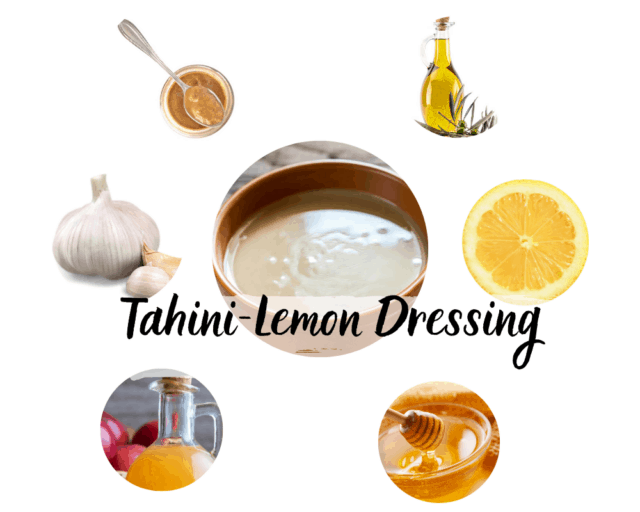
You might know of tahini though its frequent presence in hummus! A little goes a long way. It’s also an easy addition to sauces and dressings of all kinds.
Neither too sweet nor too rich, the tahini-lemon dressing for this Rainbow Buddha bowl combines the following ingredients for a tangy, fragrant addition to any assortment of vegetables!:
- 1/4 cup tahini
- 2 tablespoons extra-virgin olive oil
- 2 tablespoons fresh lemon juice
- 1 tablespoon honey
- 1 tablespoon apple cider vinegar
- 1 clove garlic, minced
- 1/2 teaspoon kosher salt
- 1/4 teaspoon freshly ground black pepper
- 1 tablespoon cold water
Just whisk it all together and thin out with more water as needed, then taste and season with salt and pepper as you like.
As it includes two fresh ingredients–lemon juice and garlic–this tahini dressing is best used within 3-5 days if you keep it refrigerated, in an airtight container.
Top this Buddha Bowl
Just because hummus isn’t the destination for our tahini this time doesn’t mean chickpeas, , should miss out!
Chickpeas, aka garbanzo beans, roasted with some salt, shrink into snackable little golden nuggets. You can also buy the prepackaged snack online!
As they pack quite a crunch, roasted chickpeas are naturally pretty hard, so consider crushing them with a pestle and mortar or a durable food processor before sprinkling them over a Buddha bowl. That’ll give you some serious textural variety.
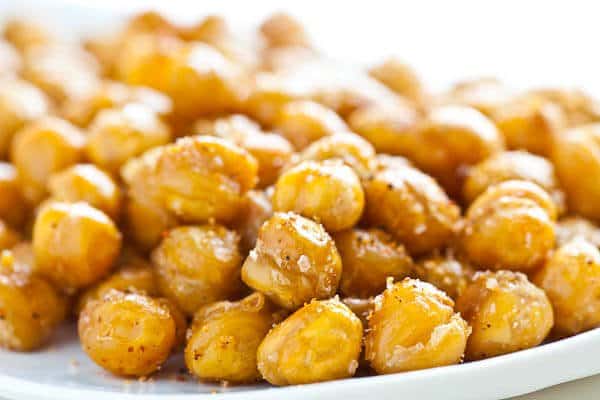
What’s more, roasted chickpeas keep for up to months in an airtight container. Crush them for soups, salads, or enjoy them whole by themselves.
See our easy recipe for Crispy Roasted Chickpeas.
Useful recipe links for this Buddha bowl
Other yummy uses for Tahini
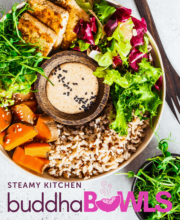
Tahini, lemon, and garlic dress up a tasty rainbow of vegetables served over nourishing freekeh studded with a roasted chickpea garnish.
Course:
Main Course
Cuisine:
Mediterranean
Keyword:
buddha bowl, buddhabowl
Servings: 4
Calories: 410 kcal
:
For the GRAINS
-
2 ½
cups
water
or vegetable broth -
1
cup
freekeh
cracked, or whole grain for longer cooking time -
½
teaspoon
salt
For the VEGETABLES
-
4-6
cups
gem lettuce, cooked sweet potatoes, sliced radishes, red cabbage, or tomato
For the PROTEIN
-
1
16-ounce container
extra-firm tofu
or falafel, halloumi cheese -
kosher salt
to taste -
1
tablespoon
cooking oil
For the VINAIGRETTE
-
1/4
cup
tahini -
2
tablespoons
extra-virgin olive oil -
2
tablespoons
fresh lemon juice -
1
tablespoon
honey -
1
tablespoon
apple cider vinegar -
1
clove
garlic
minced -
1/2
teaspoon
kosher salt
to taste -
1/4
teaspoon
freshly ground black pepper
to taste -
1
tablespoon
cold water
as needed
For the CRUNCH
-
3/4
cup
roasted chickpeas
-
Combine water, freekeh, and salt in a pot. Bring to a boil over medium-high heat. Stir, reduce heat to medium-low, and simmer, covered, 15 to 20 minutes or until freekeh is tender and has absorbed the liquid.
-
Microwave the tofu block on a plate for 2 to 3 minutes, or until it releases a good amount of moisture. Discard liquid and slice tofu into thick slices or cubes. Season on both sides with salt and pepper. Heat oil in a large pan over medium-high heat and sear tofu until golden brown and crispy, about 3 minutes per side.
-
Whisk vinaigrette ingredients together, adding more water as needed to thin out the mixture. Refrigerate until ready to use. Dressing keeps for up to 5 days.
-
To assemble the bowls, scoop freekeh into 4 large bowls. Arrange vegetables and tofu on top. Drizzle in the vinaigrette and scatter chickpeas on top.
If you have time, we’d recommend marinating the drained and sliced tofu for at least 4 hours, with lemon, olive oil, and garlic from the tahini, and Mediterranean herbs such as parsley, basil, and thyme.
Nutrition Facts
Rainbow Buddha Bowl with Tahini-Lemon Dressing
Amount Per Serving
Calories 410
Calories from Fat 180
% Daily Value*
Fat 20g31%
Saturated Fat 2g13%
Sodium 621mg27%
Potassium 375mg11%
Carbohydrates 49g16%
Fiber 9g38%
Sugar 10g11%
Protein 15g30%
Vitamin A 993IU20%
Vitamin C 55mg67%
Calcium 101mg10%
Iron 3mg17%
* Percent Daily Values are based on a 2000 calorie diet.


